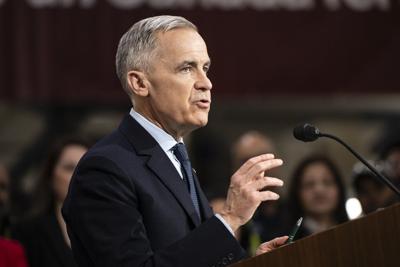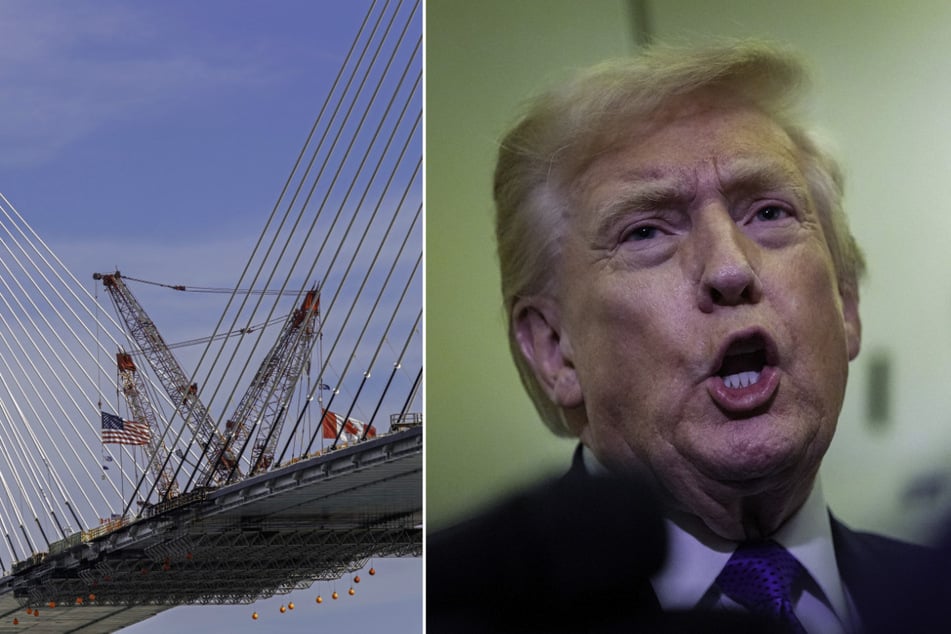Photo credit: the Guardian
The Australian government has restricted the number of domestic workers diplomats can bring into the country, a UN anti-slavery expert has reported, after two recent federal court cases exposed systemic exploitation, a judge described as “slave-like working conditions”.
The Guardian reports that the United Nations special rapporteur on contemporary forms of slavery concluded a visit to Australia this week, with a particular focus on temporary migrant workers across the country.
Professor Tomoya Obokata said “a large number” of people had raised concerns with him that foreign domestic workers—brought into the country to work in the private homes of diplomats—faced widespread and largely invisible exploitation.
The professor said, “According to the information I have received, the way the government is approaching it now is that they are restricting the grant of those visas to a select few individuals in order not to make it as widespread.
“I think it is the job of the federal government to make sure that the diplomatic community is fully aware of the working conditions and rights and entitlements that are enforced. I think awareness raising is quite important.”
Two recent federal court cases have brought sustained, systemic domestic worker exploitation to public prominence.
In 2023, Indian national Seema Shergill was awarded $189,000 in unpaid wages and interest after working in Australia for a year and earning less than $2,500—about $9 a day. The Indian high commissioner who employed her, Navdeep Suri Singh, was fined $97,200.
In another August judgment, a Sri Lankan mother of two, Priyanka Danaratna, was awarded $543,300 in unpaid wages and interest. She worked seven days a week, on average for 14 hours a day, for three years in Australia. She had only two days off, both of which were spent in hospital. She had her passport seized, was not allowed outside, and told the court she was not given enough food. She was paid just 65 cents an hour.
Government departments declined comments on how diplomatic domestic worker visas were being restricted in the wake of these cases: whether diplomatic missions where exploitation had been uncovered were being blacklisted from visas or whether a broader restraint on visas had been imposed.







